ICAH's youth leaders published a new comprehensive sexuality education curriculum for grades 6-12 that aligns with the National Sexuality Education Standards. It's the first curriculum of its kind.
Sex Ed Saves: Amplifying Youth Voice through Sex-Positive Education addresses youth's needs for sexual health, rights, and identities knowledge through a range of interactive and expressive activities that engage all learning styles. Lessons range from anatomy, pregnancy, and reproduction, to media justice, healthy relationships, and advocacy.
This curriculum stands in stark contrast to the bill passed through the US House as part of No Child Left Behind to prohibit funding for programs or materials “directed at youth, that are designed to promote or encourage sexual activity, or normalize teen sexual activity as an expected behavior, implicitly or explicitly, whether homosexual or heterosexual.” The young people who wrote Sex Ed Saves instead emphasize that sexuality should be medically accurate and shame-free rather than stigmatized. Studies have shown that none of the comprehensive programs hastened the initiation of sex or increased the frequency of sex and instead led to increased condom use and “delayed or reduced sexual activity” (SIECUS).
Countless longitudinal studies have proven that quality sexuality education leads to improved health outcomes and perception of self in young people. To that end, this book aims to improve the landscape of sex ed for the benefit of young people in Illinois. Although Chicago Public Schools are implementing medically accurate, inclusive curriculum across the board, the same is not true in the state of Illinois. Illinois does not mandate sexual education at all. When it is taught, according to the Illinois School Code, “honor and respect for monogamous heterosexual marriage” must be taught. This strategy does not work for young people who identify as queer or trans, who are parenting, or who are not monogamous. These challenges inspired the youth leaders who wrote this curriculum to take an inclusive approach, opposing shaming sex ed practices that create a discriminatory school environment.
As one of ICAH’s youth educators and creators of the comprehensive curriculum put it: “Peer Education has the power to create or discover a leader in each youth.” If all Illinois schools taught this innovative curriculum, we’d be another step closer to ensuring all youth are safe, affirmed, and healthy.









